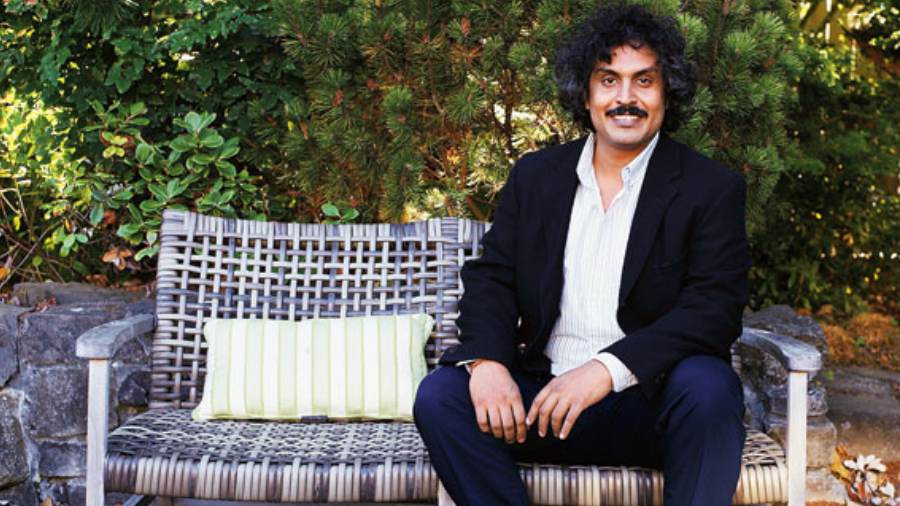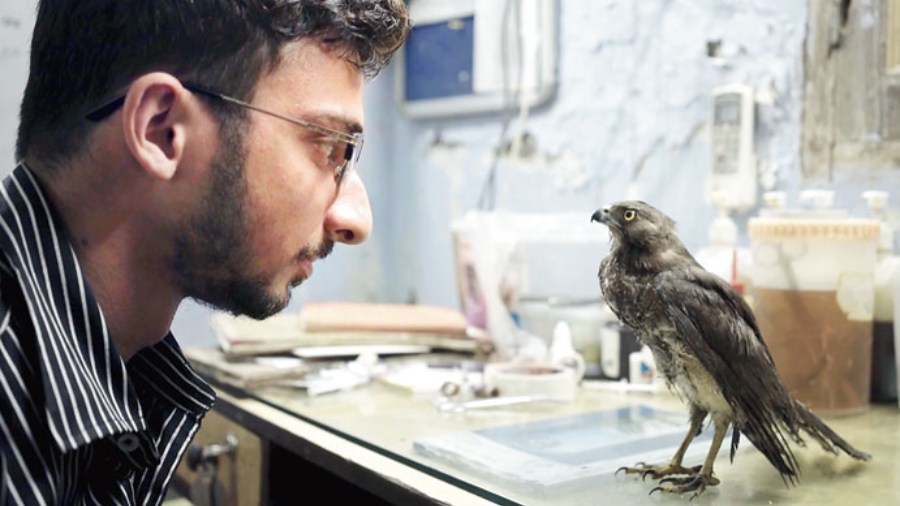All Living Things Environmental Film Festival (ALT EFF) is India’s biggest film festival focused on the environment. Currently in its third year and on till November 27, this edition of ALT EFF will showcase 55 films, and is being held in a hybrid format, with virtual as well as limited physical screenings. The festival’s virtual leg is being offered to the audiences for no charge at all.
This year’s titles include films like Into Dust by Academy-award winning film-maker Orlando von Einsiedel and Shaunak Sen’s Cannes and Sundance winning film All That Breathes. The jury of this year’s edition comprises film-maker and producer Kiran Rao and Amit Masurkar, the man behind films like Newton and Sherni.
ALT EFF is the brainchild of environmental entrepreneur Kunal Khanna. The Telegraph chat.
What was the genesis of ALT EFF?
My background is in environment... I have studied masters in environment in Australia and I came back to India in 2018. What became clear to me is that there is a lot of interest among people in the effects of climate change and environmental crisis, but there were so many issues and opportunities with respect to the environment which we are not aware of in India. I have had some experience working in film festival environments in Australia and I realised that we didn’t really have one in India that focused specifically on the environment.
Film is an extremely powerful medium... it has helped shape many of my ideas and perspectives. Through the medium of cinema, one can transport and influence someone within a very short time. We can learn how an island community in the Pacific is about to go under water in the next few years, or take one deep look into the coalmines of central India and see the implications of the energy hunger that we have as a country. Films are being made on these subjects and I wanted to build a platform to showcase these kinds of films and stories.

Kunal Khanna, the founder of ALT EFF
Over the last three years, what have been the highlights of the festival and the challenges of putting it together?
Creatively, we have seen an incredible amount of films being developed around the subject of environment. This year alone, we had 200 submissions, of which we chose 55. The quality, depth and issues being covered by these films have definitely been a high for me. This genre of film-making is picking up pace and I am very happy to be a part of it.
What we had hoped to do from the get-go and which we have managed to do is involve mainstream film-makers... and have environmental stories told within mainstream films.
As a not-for-profit festival and given the resources we have here, it is not easy to organise this year on year. Similar festivals in other parts of the world are supported by government programmes and private philanthropy because they truly believe that art plays an important role in society. The organisation of this festival is completely voluntary and those who do it choose to give it time outside of their day job. But to make this festival sustainable over the long run, we need to have a full-time team.
What can you tell us about this year’s edition?
Whether it’s Kiran Rao or any of the other judges this year, they have been working within and very aware of the implications of environmental change and conservation.
We also have an animation category this year. This is by far the biggest lineup we have had so far. Every film on the programme gives one a unique insight into the environment. We have a biopic on Dr Vandana Shiva who has been one of our leading eco-activists. We have films on wildlife, on activism, on capitalism... like the coalmines I mentioned earlier or effects of urbanisation. Overall, we have a mix of features and shorts, and 33 out of the 55 films we have are India premieres.
What is the way forward for this festival?
This year is extremely exciting for us because we are moving partly into the physical format. When we started out, we had moved away from the traditional festival model because we wanted to make it accessible to all. This time, we have planned 12 screenings in eight different cities. It’s a very decentralised festival and that makes it unique. This will allow us to reach a larger number of people than just having it at one venue. If this does well, my ultimate aim is to have not 12, but 1,200 screenings and watch parties all over the country.
